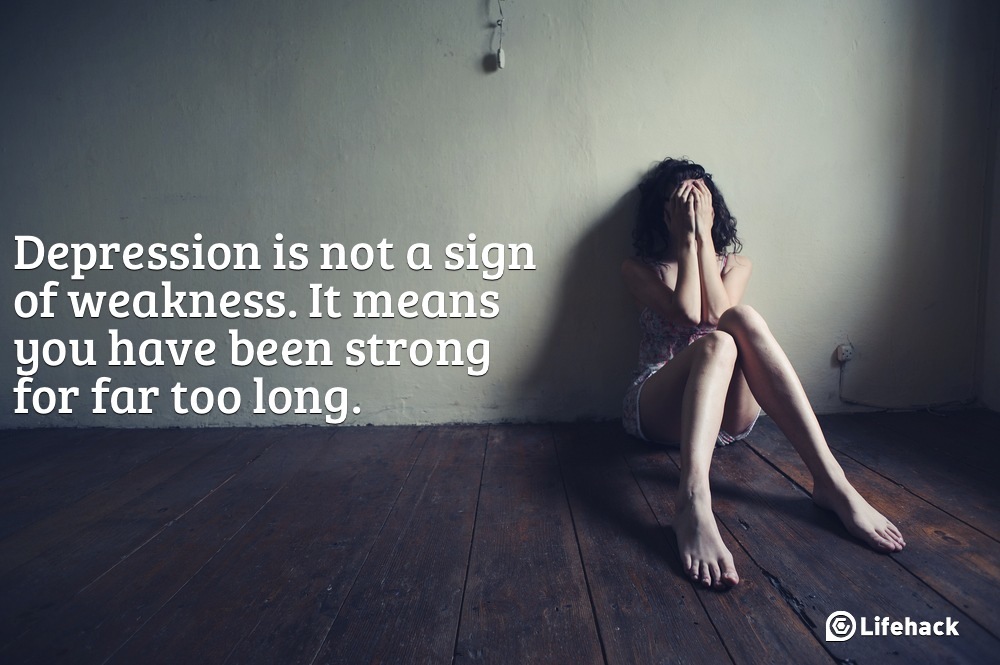Twenty years ago, I was certain I was going to die, or go insane. Or both. And it had nothing to do with my arthritis. Actually, it had everything to do with it.
I was in the throes of a “major depressive episode,”
which doesn’t sound nearly as Sylvia Plath-esque as “a nervous breakdown.” (Though
I assure you, there was nothing poetic about it.)
For the first eight months of 1996, I had an uneasy
feeling. Something was not right, but I couldn’t put my finger on it. After
that, my emotional decline came on rapidly.
By autumn, I was circling the drain. I began each day with
the unholy trinity: terror, despair and bone-crushing fatigue.
My fear was free-floating, attached to nothing and
everything. All day long, I had severe panic attacks. I would just come out of
one, only to go into another. Fear revved in me like a grand prix engine. I
sweated and shook. Tight bands of muscles in my head and chest constricted to
the breaking point. I ached like I’d been in a bar fight.
The despair surrounded me like an all-powerful demon. When
I looked back on my life, I saw nothing but misery and sadness. I vividly
remembered the nasty details of every orthopedic surgery I’d ever had. Nights
when I lay in my hospital bed and heard “Code Blue” called, knowing it meant
somewhere a child lay dying. Was anyone there holding her hand, assuring her
she was loved, as her life slipped away?
The fatigue of my depression was monstrous. Sleep had
always been my reliable companion, a seven-hour respite from my daytime pain.
But by December 1996, I was sleeping perhaps two to three hours per night. The rumble
of panic and terror inside me chased sleep away, until exhaustion would finally
pull me under around 3:30am each night. Then the alarm would ring at 6am.
Through all of this, I continued to go into work each day,
though admittedly the depression wreaked havoc with my ability to concentrate
for more than a minute or two. Except for my husband, I never told a soul. I didn’t
know what else to do.
I had struggled nearly my whole life with depression, yet
I didn’t recognize it. It typically came on as anxiety with heightened emotions
and insomnia. I had always thought depression caused people to feel nothing and
sleep 20 hours a day. Then I learned anxiety and depression were two sides of
the same coin.
Just before Christmas 1996, I found a reputable
psychiatrist and compassionate therapist. I began a treatment plan, consisting
of meds, talk therapy and daily cognitive behavioral exercises. Dr. David Burns’
“Feeling Good: The New Mood Therapy” became my Bible. I still consult it now
and then.
I want to be clear that -- through it all -- I never,
ever thought about harming myself. In fact, my panic stemmed from the
irrational fear that I was going to die, and I desperately did not want to.
It was a long, 18-month slog back to “normal.” There were
good days when I actually laughed and went out to lunch with friends. And there
were days when I only had to remember the Kris Kristofferson song, "Sunday
Mornin' Comin' Down," and I would have to shut my office door and sob.
Medical professionals say people living with chronic pain are three times more likely to develop
depression than those without pain. They have known this for decades. Yet from
the time I was diagnosed with rheumatoid arthritis at age 8 until my breakdown
at 32, not one medical professional ever broached the subject. It boggles the
mind that no doctor, nurse, physical therapist, etc. ever discussed this with
me, a child – then later an adult – struggling with a disease causing severe
chronic pain.
Over the past 20 years, I’ve hit a few emotional bumps in
the road. A blip now and then when I’ve been easy to tears or when panic’s icy
hands have gripped my throat. I combat them with journaling and meditation. Thankfully,
the blips are nothing like the terror of 1996.
I have been to edge of
the abyss and peered down into its blue-black, bottomless depths. But I stepped
away, and by sheer force of human will, I pledge never return.